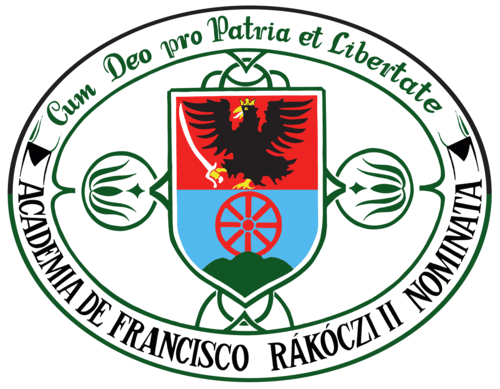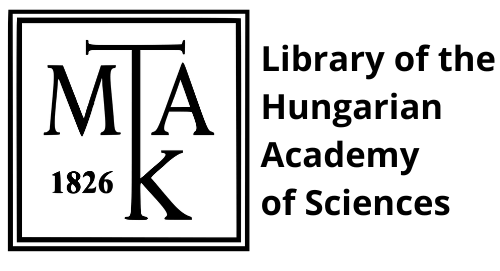The fourth interpretation of the novel “The Trial” by Franz Kafka
DOI:
https://doi.org/10.58423/2786-6726/2024-2-170-177Keywords:
novel, guilt, fear, memory, person, court, trialAbstract
The article examines one of the most famous novels of the 20th century — “The Trial” by the Austrian writer Franz Kafka. Published in 1925 after the death of the author, this book constantly continues to attract attention because of the multiple meanings that can be found in the text. Literary critics throughout the world have developed several interpretations of “The Trial”. The dominant idea is that this novel is a metaphor for the life of a modern person, who is a pawn in the hands of subhuman (albeit self-created) institutions. The article gives a brief overview of the novel’s main interpretations developed over the decades since its publication. Concurrently, an attempt is made at another possible interpretation, for the purpose of which the final sentence of the novel is emphasized. According to this (the fourth) version, Kafka’s work is considered primarily through the prism of memory. It is proved that “The Trial” is a book about the loss of memory and the resulting consequences. The authors of the study propose an interpretation that Joseph K. (the main character) committed the crime he is accused of, but forgot about it, so his death is “shameful”. Given the specifics of Kafka’s entire work, the proposed article does not establish the final version of the interpretation. The study’s authors offer one of the options that may be either close to the Austrian writer’s intention or the farthest away from it. Ultimately, the presented article demonstrates in its own way that each of Kafka’s works, and “The Trial” in particular, has limitless possibilities for interpretations so that each subsequent generation of researchers will discover this novel from a new angle. The studies of Franz Kafka’s work, which are almost unknown in Ukraine, play an important role in the article. Among them is a book by Elias Canetti, laureate of the Nobel Prize in Literature, a compatriot of Franz Kafka who devoted almost half of his life to the study of his work. In addition, a literary encyclopedia is also taken into consideration, where it seems that all aspects of the life and work of one of the most famous writers of the 20th century are considered, but the interpretation of the novel “The Trial” proposed in this article is overlooked.
References
Kafka, Franz 2005. Process / per. z nim. P. Tarashchuka; khudozhnyk-oformlyuvach B. Bublyk [The Trial / transl. from German by P. Taraschuk; design arts by B. Bublyk]. Kharkiv: Folio. (In Ukrainian)
Keba, Oleksandr 2013. Spetsyfika syuzhetu v romanakh F. Kafky: podiya v strukturi tekstu [The specificity of plot in Kafka’s novels: the action in the structure of the text]. Naukovi pratsi Kamyanets-Podilskoho natsionalnoho universytetu imeni Ivana Ohiyenka. Filolohichni nauky 32/1: 166–170. (In Ukrainian)
Adorno, Theodor W. 1997. Aesthetic Theory / trans. by Robert Hullot-Kentor. Minneapolis: University of Minnesota Press.
Canetti, Elias 1974. Kafka’s Other Trial: The Letters to Felice / translated from German by Christopher Middleton. New York: Schocken Books.
Corngold, Stanley 1988. Franz Kafka: The Necessity of Form. Ithaca, New York: Cornell University Press.
Goebel, Rolf 1997. Constructing China: Kafka’s Orientalist Discourse. Martlesham: Boydell & Brewer Ltd.
Stach, Reiner 2002. Kafka: Die Jahre der Entscheidungen [Kafka: The Decisive Years]. Frankfurt am Main: S. Fischer Verlag. (In German)
Downloads
Published
How to Cite
Issue
Section
License
Authors retain copyright and grant the journal the right of first publication. The work is simultaneously licensed under a Creative Commons Attribution 4.0 International License (CC BY 4.0), which permits others to share the work with appropriate credit given to the author(s) and the initial publication in this journal.

















